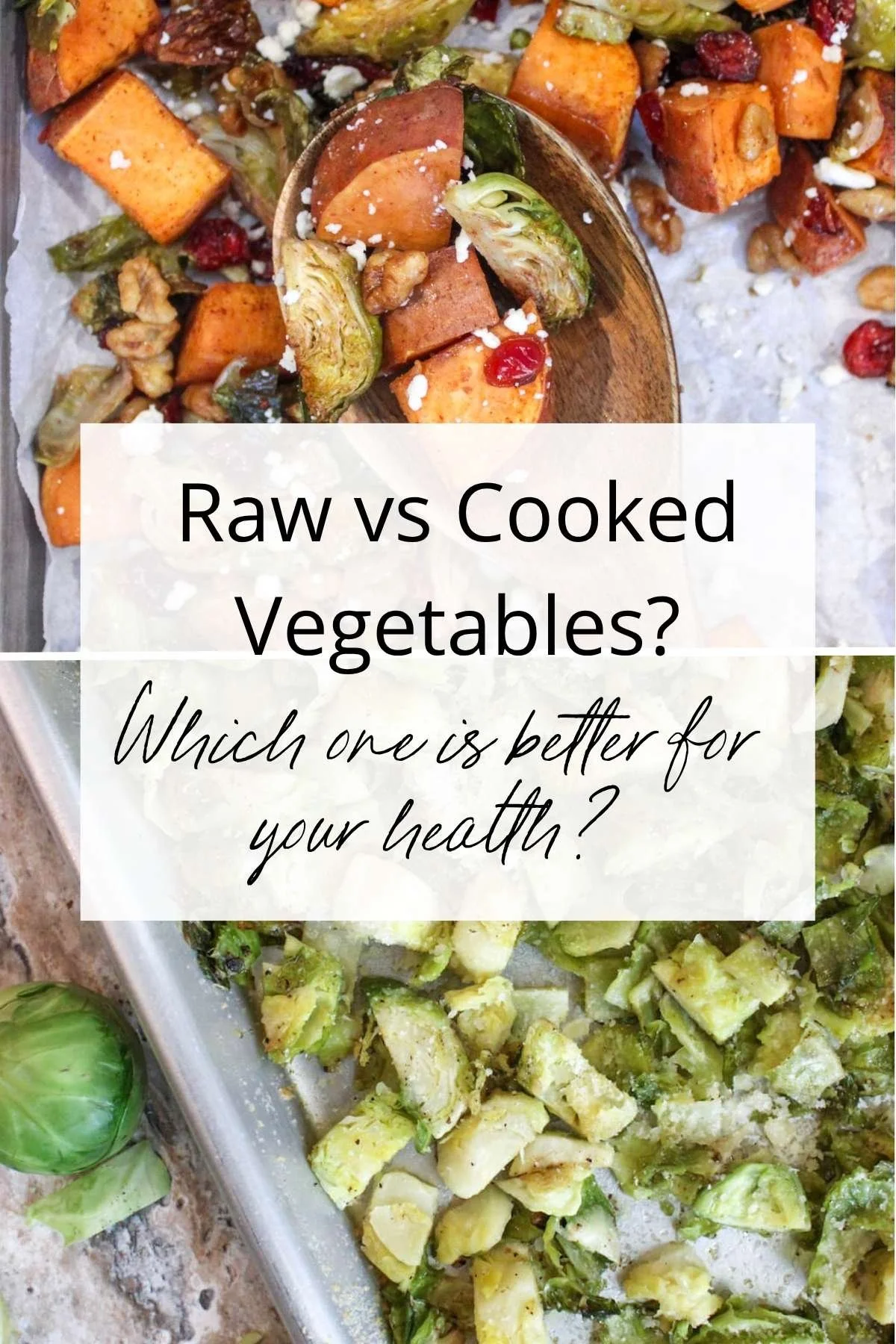Raw vs. Cooked Vegetables: Which Is Better for Your Health?
If you are on a mission to include more vegetables in your diet then you may have found yourself wondering, “is it healthier to eat my vegetables raw or cooked?” Let’s review the nutrition of raw vs cooked vegetables and find out which one is the best one for your health!
This blog post was written in partnership with Taylor Farms.
If you are reading this, you are likely interested in including more vegetables in your diet! That’s already a win. The sheer interest in eating more (naturally) colorful foods is step one to getting those five servings of fruits and vegetables into your diet every day. Now you can focus on which types of vegetables you enjoy, which types you’re not so excited about, and the best way to serve those veggies to keep you coming back for more.
We love vegetables in their raw form (like a salad) or cooked form (like steamed, fried, sauteed, or boiled), but does the raw vs. cooked vegetable form actually make a difference in their nutrition?
Today, we will get into the great debate of raw versus cooked vegetables and find out which ones are the best to have on your plate! (Spoiler: the answer isn’t exactly simple.)
Raw vs. Cooked Vegetables: Which Is Better for Your Health?
The effects of cooking vegetables
So does cooking vegetables change their nutrition? The answer is yes! But how their nutrition changes depends on a few factors like:
1) Cooking Method Used
There are different ways to cook vegetables including roasted, steamed, boiled, sauteed, and blanched and each of these cooking methods has a different impact on the overall nutrition of a vegetable.
Research has shown that wet cooking methods like boiling have the most detrimental impact on a vegetables nutritional value, primarily through the loss of water soluble B-vitamins.
Microwave cooking and steaming, on the other hand, have been shown to better preserve the nutrients in the vegetables you are cooking. If you want to the best way to cook your vegetables, steaming is your answer!
2) Vegetable Type
Some vegetables lose nutrition when cooked while other vegetables actually become more nutrient dense it their cooked form.
For example, leafy greens like spinach and cruciferous vegetables like broccoli have been shown to lose more antioxidants, vitamin C, and other nutrients when cooked and are therefore best consumed raw.
Carrots and tomatoes, on the other hand, are repeatedly shown in research to increase in their nutrients and health promoting compounds when they are cooked! Additionally, cooked potatoes have been shown to have a higher fiber content than raw potatoes.
3) Nutrient Impacted
Cooking a vegetable can decrease OR increase different nutrients.
o Common nutrients reduced by cooking: B-vitamins, vitamin K, vitamin C, and minerals like potassium, magnesium, and zinc are often reduced by cooking.
o Common nutrients increased by cooking: B-carotene, a carotenoid found in fruits and vegetables, is consistently shown to increase when vegetables are cooked. Additionally, calcium and iron are also two minerals that have been shown to increase in cooked vegetables.
Pro’s and Con’s of eating cooked vegetables vs raw
Pro’s of cooking vegetables:
Higher digestibility: The softer texture of cooked vegetables comes from the broken down cells walls and softer fiber structure. This is not only easier to chew but can also be easier on your digestion.
Increased absorption of some nutrients: Some nutrients and compounds like lycopene, soluble fiber, calcium, and iron may increase when a vegetable is cooked.
Eye appeal: Many green vegetables, like broccoli, have a brighter and more appealing color after they have been cooked.
Enhanced food safety: Cooking vegetables can eliminate harmful bacteria and may be safer for certain individuals like pregnant women or the immunocompromised.
Con’s of cooking vegetables:
Lower antioxidant levels: More often than not, the antioxidant content of cooked vegetables is lower than that of raw vegetables.
Change in texture: Cooked vegetables have a much softer mouthfeel which may not be preferable as a stand-alone side. Instead, raw vegetables like those in a leafy green salad maintain their crunch and can be better suited as certain side dishes.
Loss of certain nutrients: Research shows that cooked vegetables tend to have lower levels of b-vitamins, vitamin K, vitamin C, and lower mineral levels of potassium, zinc, magnesium, and more.
Convenience: Raw vegetables, like those found in bagged salads, are incredibly convenient to reach for and make it easy to include more vegetables in your diet.
The takeaway:
While raw and cooked vegetables differ in their nutrition, both forms offer valuable health benefits.
Raw vegetables retain more of their nutrition, have a crunchier texture, and are incredibly convenient. On the other hand cooked vegetables have higher digestibility, enhanced food safety, and may even have higher absorption of nutrients like fiber.
In the debate of raw vegetables vs cooked vegetables, the winner is including more vegetables in your diet… regardless of form. Whether you reach for a delicious and convenient Taylor Farms salad or add a simple vinaigrette to steamed carrots, having more vegetables in your diet is going to have a positive impact on your health, lower your risk for disease, and expose you to new flavors and textures.
Liked this review? Check out some of my other deep dives:
*These blogs may contain affiliate links. Any purchase made through my links gives me a small commission and supports Lauren Twigge Nutrition.Hey! I’m Lauren
I’m a Registered Dietitian and busy toddler mom committed to bringing you delicious, nutritious, and easy-to-make recipes!






